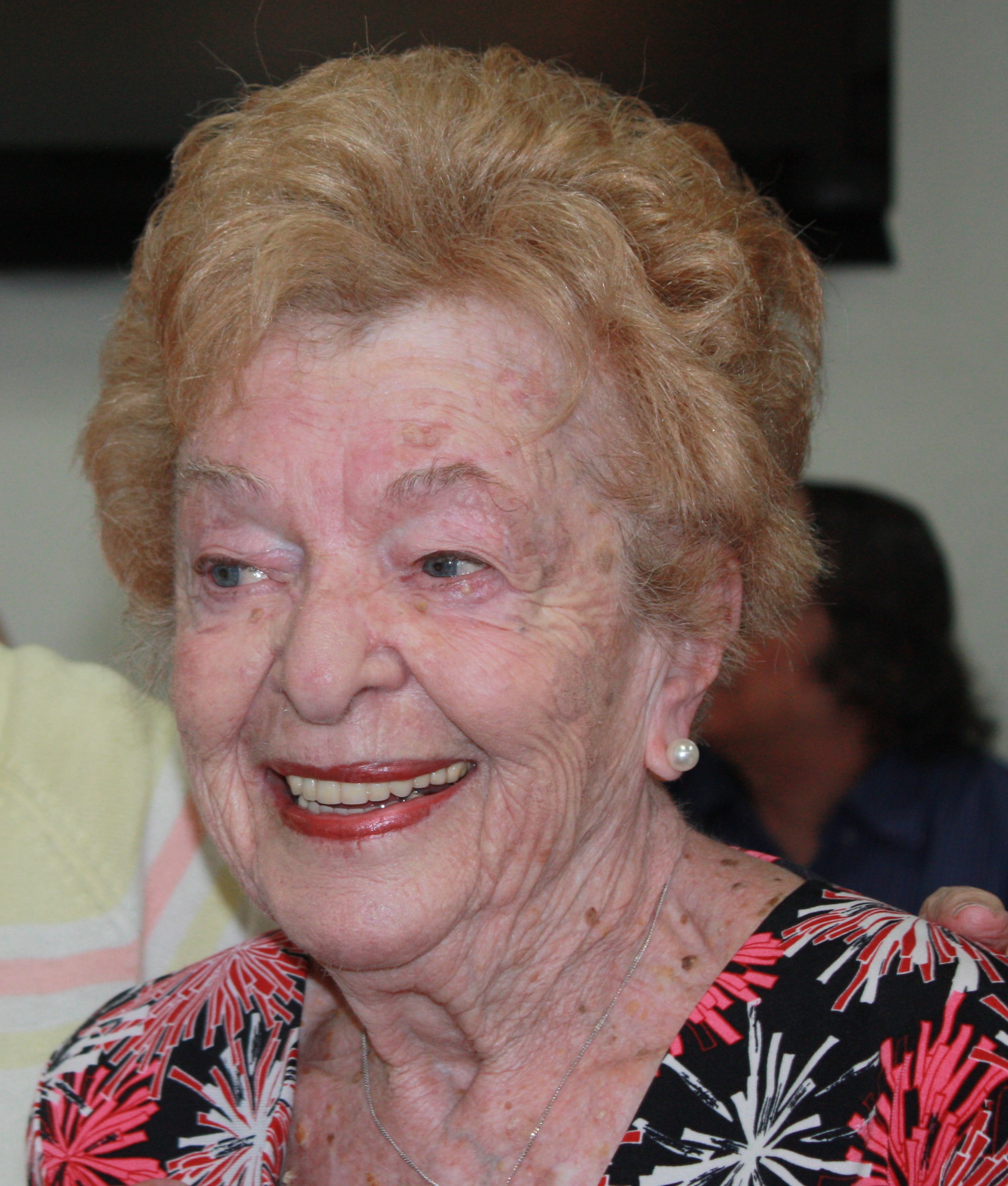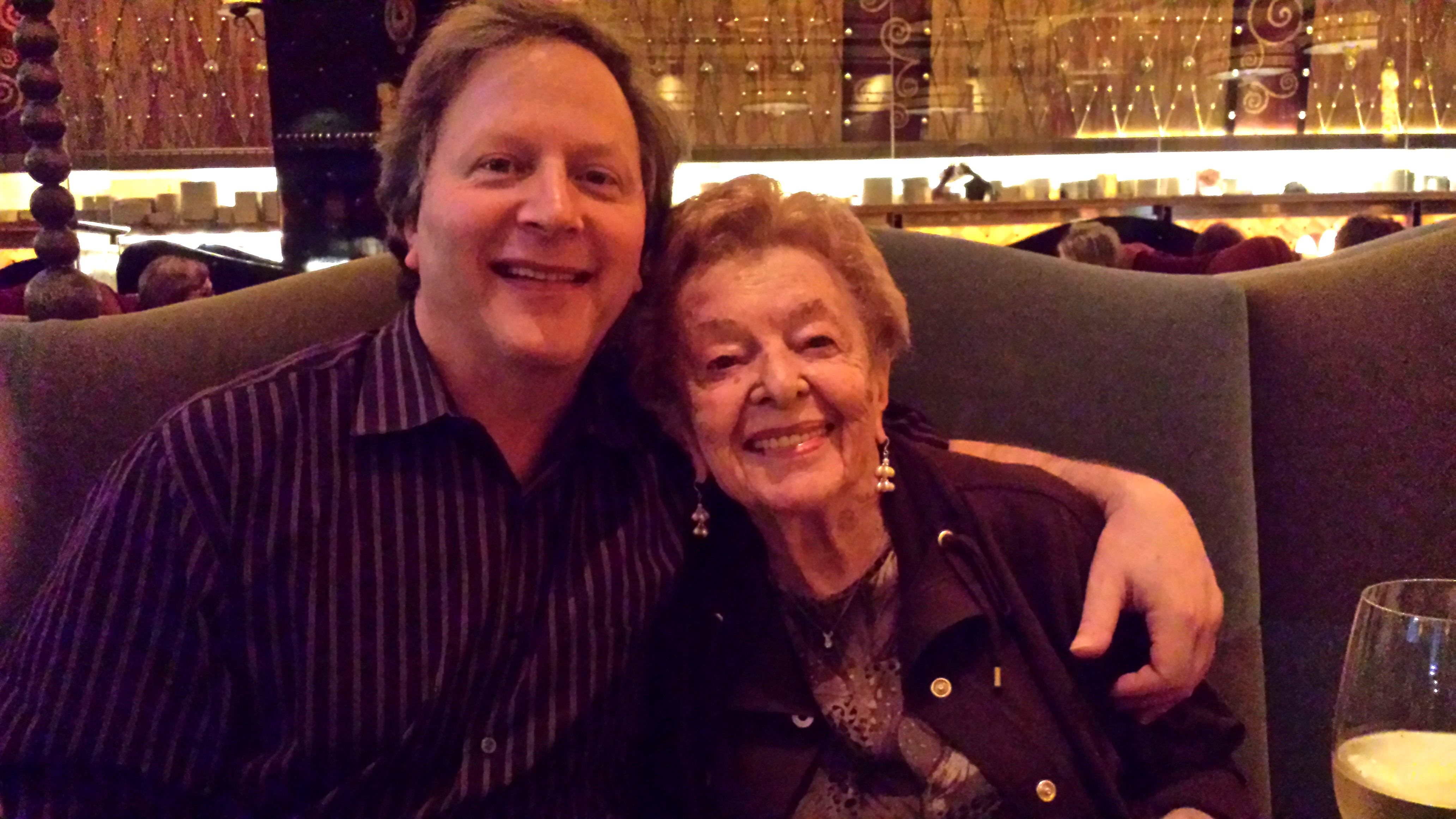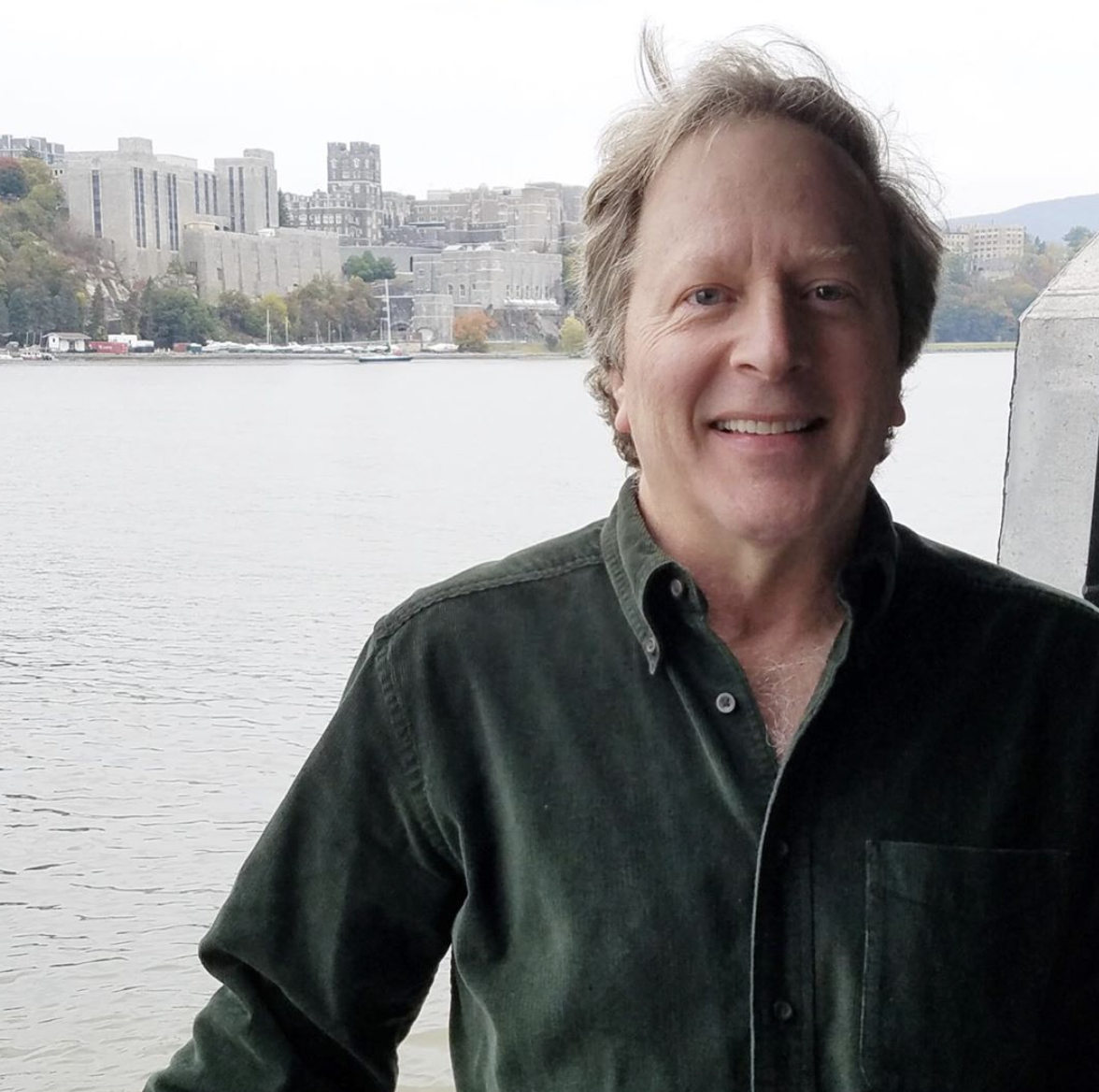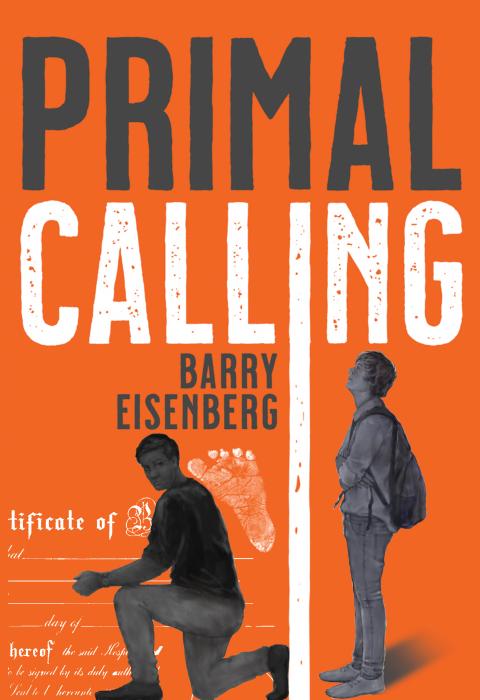Breaching Trust
“Why in the world would he say you can’t drive?” I asked, completely baffled.
This was 15 years ago. My mother, Sylvia, called from Florida to say that her pulmonologist, Dr. Wolker, issued that perplexing instruction to her during her annual exam with him that morning. At the time, she was 87 but she was in good shape, physically and cognitively, so this directive seemed to come out of left field.
The experience with Dr. Wolker would prove maddening. It came roaring back to me last week when I read a research report about how the elderly are highly reluctant to switch doctors, even when they are displeased with the care they are receiving.
My mom passed away in 2015, after having lived in FL for the last forty years of her life, alone for the final few years. She had a wonderful primary care physician, Dr. Ellison, a lovely woman who was fully devoted to her patients.
Because my mother had COPD (a lung disease), Medicare also required her to see a pulmonologist annually, even though it was not yet debilitating in any way. In fact, she remained active until shortly before lung cancer took her life at 92 years old. She loved to swim, see shows, play cards with her friends, dine out, and take walks, and she especially craved spending time with family. In fact, my mother even visited us in New Jersey quite regularly, right up until the last year of her life.
It was in 2010 when Dr. Wolker delivered the driving edict. When my mother called me after that visit, I could tell from her subdued tone, right from hello, that something was amiss.
“How’s it going, Mom?” I always tried to project a confident demeanor whenever I asked about her doctor’s visits. But inside, I was always anxious – would this be the visit that produced some bad news?
“Oh, everything is fine. All is good with my health,” she said, doing her best to walk back her concerned tone as she didn’t want to upset me.
“That’s great! Though I hear a ‘but’ coming.”
“Yeah. It was the strangest thing. Right at the end of the exam, Dr. Wolker said I should give up driving. It was like an afterthought. Then he scribbled something in my chart and left.”
“Why in the world would he say you can’t drive?” I blurted. My mind was racing. Could it be that my mother was not doing as well as she reported? “Mom, please be upfront. Is there something you’re not telling me?”
Then she said something that made me realize that was not the case.
“I have no idea why he said that. Maybe you could ask him,” she proposed.
“I will. But why didn’t you ask him right then?”
“I don’t really know. It caught me off guard,” she responded, falteringly. “It happened so fast. All I could think to say was that I’ll give it some thought.”
“Mom, it doesn’t make sense that he would insist you stop driving without giving a reason. But sure, I’ll call him. You gave them permission to speak to me about your health, right?”

“Yes, we signed that proxy form a long time ago.”
Being able to drive meant the world to my mom. She craved her mobility. There were the almost daily outings to Publix for groceries and to check the price of bananas. She loved picking up her friends Pearl and Ethel to go to a movie or the diner where they could sit for a couple of hours over coffee, sharing their grandchildren’s latest achievements, including some that may have been only slightly exaggerated.
But just as important as the mobility, it was the symbolism of driving that fueled her spirit with the vibrant sense of autonomy at a time when that treasured sensation was being siphoned from many in her social sphere. How precious was that feeling of self-reliance!
I knew my mother had the resilience to discover other avenues for feeling whole if she had to let go of driving. But I also knew, quite confidently, that today was not that day.
I called Dr. Wolker’s office the next day and was told that he would call me back later that afternoon.
When he did call, I introduced myself explaining, “I am calling on behalf of my mother Sylvia Eisenberg---” at which point he abruptly stopped me.
“I can’t speak to anyone about a patient other than the patient.”
“Your office has the healthcare proxy that gives me permission to discuss her health.”
“I don’t see anything here that says that,” he huffed.
“Check with your front desk, Dr. Wolker. The power-of-attorney and health care proxy documents are there. When I called earlier, I double checked that it was in her record.”
“Who is your mother?” he grumbled.
“As I said, Sylvia Eisenberg.”
After a minute of fumbling through some papers, he muttered, “I have it. Now what’s your question. Quick. I have another patient waiting.”
“You saw her yesterday. She said you told her to stop driving, giving no explanation. She left feeling confused and upset and asked me to find out why you said that to her.”
“How old is she?” he snapped.
“Eighty-seven.”
“Eighty-seven! Well, there you go,” he growled. “I tell all my over-85ers to stop driving. Or earlier if they show any sign of decline. Listen, if they get into an accident, I want it on record that I advised them to stop. Otherwise, you know who they come after? Me. That’s who. So, when the lawyers or police show up in my office, I can say I instructed the patient to stop driving. I even put it in the chart so there’s proof.”
Trying to set aside his disturbing and insulting crassness, I countered: “Dr. Wolker, no one would question that we want people to be safe. And it’s appropriate to discuss capabilities with patients, especially driving. I get that. But my mother is fine. Her reflexes, cognition, judgement, physicality – all good. You can even check with her primary care physician, Dr. Ellison. I’m well aware that a day will come when she will have to put her driving behind her. But that’s not today. And driving for her means she doesn’t have to give up her independence.”
“Okay, okay, you’re wearing me down,” he fumed. “Listen, I can’t spend this much time on one patient. Tell her I said it’s okay for her to drive for the time being.”
“I will. And, hey, I get that you are busy. I am as well. I had to take time out of my day to call you, which I’m happy to do for my mother. But she didn’t create this situation – you did.”
“What more do you want,” he sneered, oozing pettishness and arrogance. “I said she could drive. But I’m leaving it in her chart that I advised against driving. If there’s nothing else, I have patients waiting for me.”
Click.
I immediately called my mother and shared that it’s Dr. Wolker’s M.O. to tell all his “over-85ers” to stop driving. I explained that he does it to protect himself legally, not because every patient who reaches a certain age is incapable of driving safely. Don’t give it another thought, I urged, trying to be reassuring.
My mother was relieved, of course. But when I suggested she request a new doctor she resisted.
“But, Mom, this guy is a total creep.”
“I know. But he has all my records, and I go to him only once a year.”
“But records are easily transferable, and putting his own interests ahead of what’s best for his patients is deplorable. Not only that, you didn’t even feel comfortable asking him why you shouldn’t drive. It’s hard to imagine who would. You should find a pulmonologist who’s more like Dr. Ellison, someone who’s easy to talk to.”
“I know, I know. But there’s no guarantee another doctor will be any better. And yes, Dr. Ellison is great, and I can always speak with her about anything. Dr. Wolker only checks out my lungs and sends her the report.”
I could have pressed. And maybe I should have. But staying with Dr. Wolker was more comfortable – or should I say less uncomfortable – than switching. As I said, this is not unusual. In fact, fewer than 10% of people over 65 change physicians voluntarily, which includes moving to a new area.
The main reasons for not leaving a physician whom a patient dislikes include discomfort with starting a new relationship or disrupting continuity of care. Some even say they worry that a new doctor will be ageist – that they’ll be impatient with older patients or stereotype them based on their limitations, not their capabilities. Which is just what Dr. Wolker did!
And then there’s the tendency on the part of some patients, especially the elderly, to forgive curt and even discourteous behavior, believing that their physicians’ time is more valuable than their own, and that their authoritative position entitles them to some leeway in how they speak to the patient.
I relented. “Okay, Mom. But I want to go with you on your next visit.”
About a year later, my mother experienced a change in her breathing, so Dr. Ellison suggested she see Dr. Wolker. I flew to Florida to accompany my mom on the visit. My nephew Jamey, her grandson, who lived near her in Florida, came as well.

Prior to my trip, my wife Amy and I prepared some questions for the visit. Since Amy is more knowledgeable about the medical intricacies of COPD, the plan was that we’d call her during the consultation with Dr. Wolker.
After her exam, Jamey and I joined my mother in Dr. Wolker’s office.
When Dr. Wolker walked in, I was surprised to see that he looked nothing like I had imagined. He took disheveled to a new level. His rumpled tan suit looked as though it had been slept in for a week. His messy mop of hair appeared to have not interacted with a comb in, well, I’ll give the benefit of the doubt – years! At least his shoes matched – I’ll give him that.
Seemingly oblivious to our presence, he brushed past us, heading to his desk, his nose buried in a file.
Plopping into his chair, he looked up – a surprise in itself – and announced, “With Sylvia,” he began, as though she was not sitting there, “here’s where we stand---”
I interjected, “Excuse me, Dr. Wolker, before we begin, I’d like to call my wife Amy to join in the discussion as she is far more knowledgeable than I about COPD.” Then I lifted my phone to call.
(If it hasn't yet, let the “maddening” begin.)
“No way,” Dr. Wolker blasted. “If she was interested in hearing the results of the exam, she should have come to the visit. But I can’t have anyone I don’t know listening in on a phone.”
“But Dr. Wolker,” I appealed. “She’s in New Jersey. Unfortunately, it wasn’t possible for her to make the trip now. In any case, getting her on the phone is what would be best for my mother since Amy is better equipped to discuss my mother’s disease.”
“Discuss? What’s to discuss?” he scoffed. “I have a few things to say and that’s it. And how would I know if your wife is recording it or if anyone else is listening in? Those are chances no one in their right mind would take.”
“We’re here because of my mother’s health, not to spy.”
Dr. Wolker glared at me, his eyes narrowing into slits. I could sense he was about to foam at the mouth as he began his retort: “I was with my father on a doctor’s visit in Canada once and wanted to call a colleague to discuss my father’s condition right then. The doctor refused. So why should I let you do something I wasn’t allowed to do?”
“Did you believe that conferencing in your colleague was the right thing for your dad?” I asked.
“If I couldn’t do you, you can’t,” he snarled, dodging my question.
I was torn. On the one hand, I didn’t want to leave this where it was, with his egocentrism, paranoia, or lunacy – or all three – trumping what should have been his primary concern, the best interests of his patient. On the other hand, I knew if this escalated my mother would become terribly uncomfortable.
“Ok, Dr. Wolker,” I ventured. “I know we’re not going to get anywhere with conferencing in my wife. And I don’t want to waste more of our time. So, I am going to amend our proxy so that my wife has legal authority to speak on my mom’s behalf. You can expect a call from her once that’s done. Which is unfortunate all around, as it means more of your time will be spent discussing my mother than need be.”
Without acknowledging my statement, Dr. Wolker proceeded to give us a three-sentence summary of the exam, indicating that there was a small tumor on her lung, and it had grown but had done so very slowly.
This was the first time we all, including my mother, heard that there was a tumor (!!!) and that she had lung cancer, not just COPD. Dr. Wolker allowed no time for us to digest this news. The entire time I was saying that my wife knew more about COPD, he never mentioned that this was a more complex and dire situation than COPD. Dr. Woker’s cavalier delivery of this distressing news shook the three of us to our core, and his lack of professionalism was infuriating.
As time has passed and as I have reflected on the experience, I am grateful that my mom’s cancer progressed very slowly, enabling her to carry on with all that she enjoyed in life for almost five years.
In my lifetime, I have known many wonderful physicians – compassionate people, like Dr. Ellison, who always put their patients first. I couldn’t be more thankful that she was my mom’s doctor, caring for her like she was her own mother right up until the very end.
At the same time, it’s hard to find anything redeeming about Dr. Wolker. Maybe he was a skilled clinician with good diagnostic and treatment planning skills. But that should never be the be-all and end-all of practicing medicine. His brusque nature was doubtlessly intimidating to some patients, perhaps most of them, smothering their comfort to ask questions and disclose concerns. When that happens, trust is eroded. And you know what else suffers? Compliance rates with medical directives. And then so does the probability of the best possible medical outcome.
Dr. Wolker’s heartless and self-concerned communication to his elderly patients about their driving reveals an unforgiveable virulent indifference to patient care. How many of his “over-85ers” walk out of his office stunned by the abruptness of the demand to quit driving. What choice would many have but to comply? After all, it was the voice of authority who delivered the message.
Dr. Wolker’s mandate to patients to give up driving transformed their whole world in an instant, and did so in the most profound and unanticipated way. Even if they continued to drive, it’s impossible to discard the gnawing seeds of second-guessing he planted. Just think about the ripple effect it must have, accelerating their fears that their independence may soon be a thing of the past.
Sure, it is appropriate and responsible for a physician to discuss how a patient’s health and age affect their lifestyle, activities, and safety. By leading with callousness rather than sensitivity, Dr. Wolker was a classic example of how not to have that conversation.
But Dr. Wolker’s acerbity was not the only reason he was despicable. Even more contemptible was that he put his own protection ahead of the patient’s best interest. By his own admission, his motivation for instructing my mom to stop driving was to shield himself from the possibility of legal action, the dubiousness of which, by the way, was almost incalculable.
His unconscionable unwillingness to permit Amy to participate in a call about her mother-in-law, especially – especially! – given the new information, was also for his benefit. Even if there was a chance, however ridiculously remote, that our intention was to have an audio record of the consultation, why would that be a problem if he was confident in his professional opinion?
As the elderly begin experiencing diminished skills for activities like driving, cooking, going to the bathroom, or changing the bed linen without assistance, we should help them transition with thoughtfulness and empathy. It is imperative to have a balanced approach that respects the needs of people to maintain agency with their need to be safe.
How can we continue to nurture important feelings of independence even as physical and cognitive limitations require modifications in activity? This is far from easy. If we tilt too far in curtailing activity prematurely, we deprive people of their prerogative to be as autonomous as possible for as long as possible. If we tilt too far in dismissing risk, we may subject them and others to harm.
The place to begin is with respect for the person. We dignify our elderly loved ones’ experience by allowing their needs and interests, to the extent possible, to factor significantly into evaluations of activity modifications.
But we can also look at the situation through a different lens – that with each activity that needs to be cut back, an opportunity may arise. When my mom finally did stop driving in the final few months of her life, she read more and even took a couple of walks each day. She reacquainted herself with music from her youth, the 40s Big Band Era. As some doors close, new ones may open.
Does it always work out so neatly? Of course not. Any of us who has cared for an aging loved one knows full well that decline does not always have a happy or easy upside.
But above all, the ordeal with Dr. Wolker reminds me of the importance of treating our elderly with dignity, of being ever-mindful that their right to determine the course of their life – again, to the extent possible – should always remain at the center of decisions about their life. More than a privilege, this is a right to which all are entitled.

